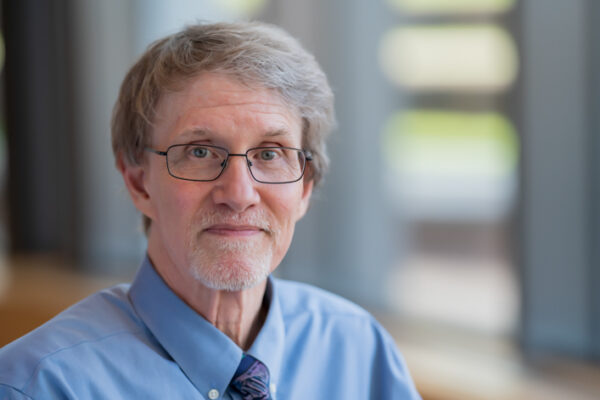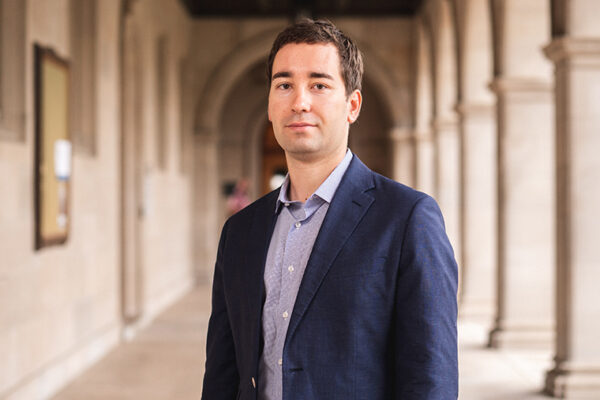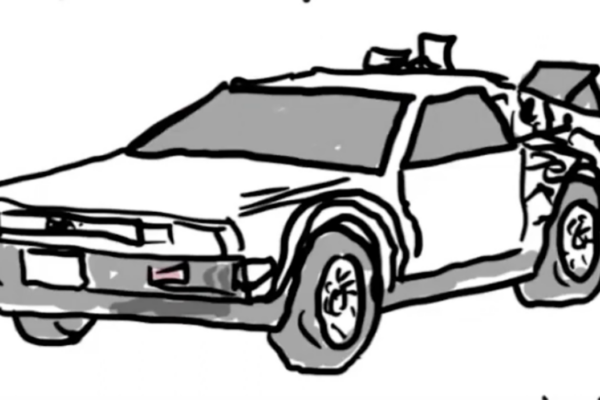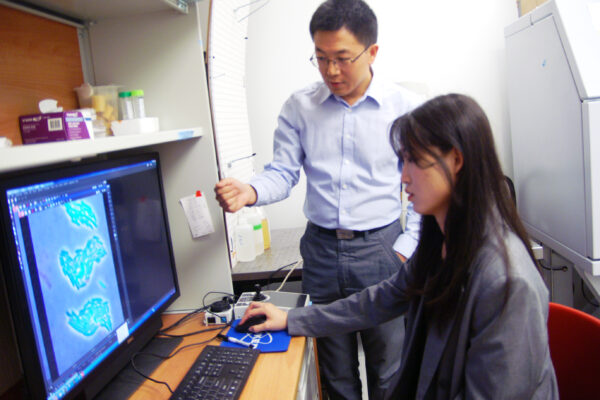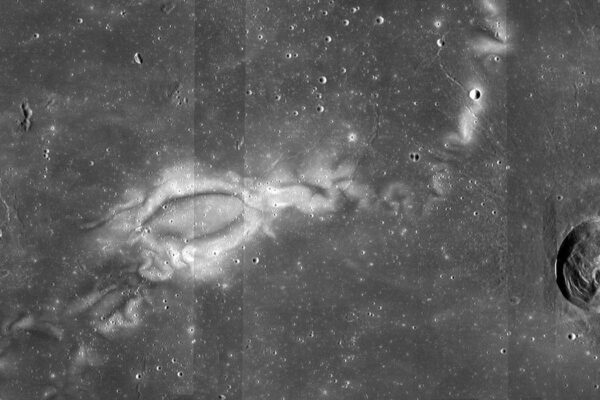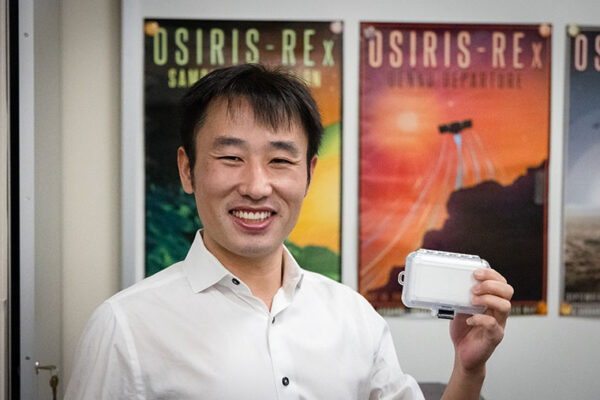Experts outline strategic roadmap for public health advancements
Ross C. Brownson of the Brown School makes recommendations for transforming the U.S. public health system in the aftermath of the COVID-19 pandemic.
Scientists find new way global air churn makes particles
Researchers at Washington University in St. Louis have discovered a new mechanism by which particles are formed around the globe.
Tikhonov wins NSF CAREER award
Mikhail Tikhonov in Arts & Sciences has won a prestigious National Science Foundation award for a project that will apply the statistical approaches of physics to the complicated world of microbial ecology.
Building ‘time-traveling’ quantum sensors
In a paper published in Physical Review Letters, physicist Kater Murch in Arts & Sciences demonstrates a new type of sensor that leverages quantum entanglement to make time-traveling detectors.
XL-Calibur telescope launched to study black holes
Scientists from Washington University in St. Louis have launched a balloon-borne telescope to unlock the secrets of astrophysical black holes and neutron stars, some of the most extreme objects in the universe. XL-Calibur launched July 9.
Researchers find biological clues to mental health impacts of prenatal cannabis exposure
Researchers at Washington University have found some potential biological clues to explain how prenatal cannabis exposure leads to behavioral issues down the line.
Fluctuating cellular energy drives microbial bioproduction
Researchers at Washington University are studying how to turbo-charge microbial bioproduction.
Moon ‘swirls’ could be magnetized by unseen magmas
In a laboratory setting, experimental petrologists at Washington University recreated the magnetizing reactions that could be causing the mysterious, light-colored features on the Moon’s surface, known as lunar swirls.
Surprising phosphate finding in asteroid sample
Washington University scientists, including Kun Wang in Arts & Sciences, are part of a team that reported that near-Earth asteroid Bennu’s dust is rich in carbon and nitrogen, as well as organic compounds, all of which are essential components for life as we know it.
Heart disease model puts cells to work
Researchers at Washington University can more effectively study mutations that cause heart disease by putting stem cells through their paces. Their research offers insight into the origins of hypertrophic cardiomyopathy.
Older Stories
